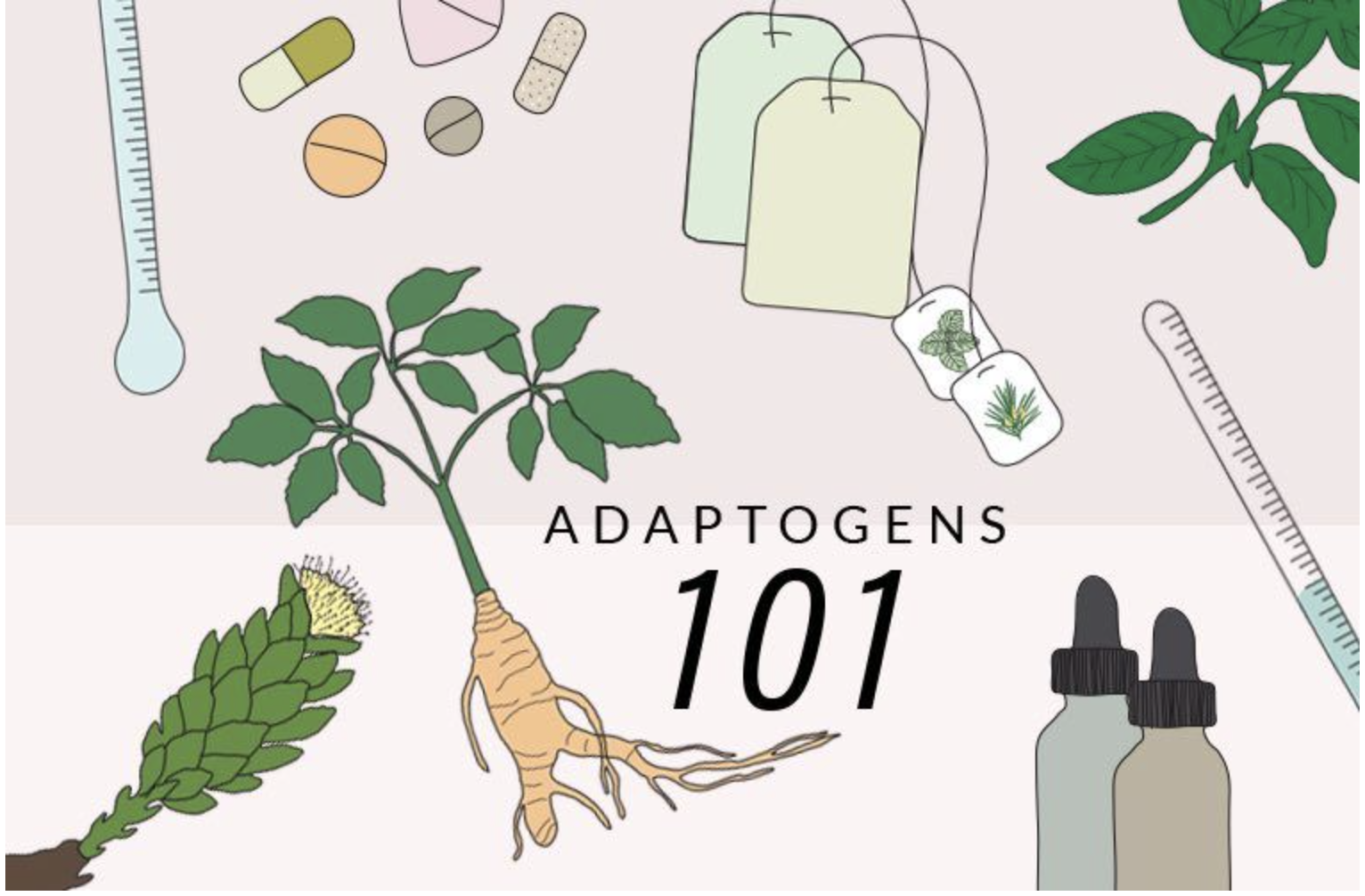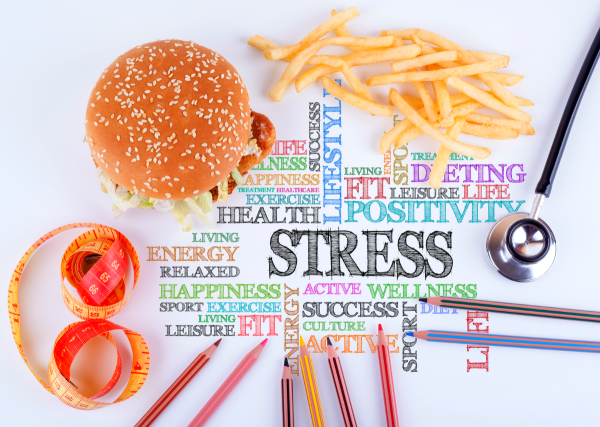It seems like every time you open Facebook or a magazine there is a new health craze. Whether it’s green juice, wheatgrass shots, or the latest superfood, there is always something new to try.
This time, it’s adaptogens.
What is an adaptogen?
Adaptogens are herbs that are non-toxic to the body, have widespread benefits, and help bring the body back into equilibrium. Some adaptogens stimulate the body or enhance mental performance and physical stamina. Others help calm the body and increase immunity. Some herbs may have anti-inflammatory effects, but they’re not necessarily true adaptogens.
Adaptogens work by supporting the adrenal glands – the glands that deal with stress and fatigue. They bring the body back to homeostasis, which is often hard to do in our stress-filled society. The harmful effects of stress greatly exceed feelings of anxiety; stress harms your sleep cycle, which in turn leads to unhealthy food and exercise choices. Stress also messes up your hormones, causes inflammation throughout the body, leads to weight gain, harms your heart, decreases immune function, and disrupts digestive and mental health.
What makes adaptogens such potent stress-fighters?
They tailor their functions to your body’s exact needs. Regardless of how your body exhibits stress, whether that’s from lack of sleep, work or family stress, travel, or illness, adaptogens are able to target the imbalances in your body and help correct them.
Adaptogens are available in powders, capsules, tinctures and even teas. But before purchasing, be sure to check that the manufacturing company is a reputable source, since these are not regulated by the FDA. (No supplements are!) Talk to your doctor about which ones are best for your needs, and how often you should be taking them. Adaptogens do not treat one illness; instead, they promote overall well-being. If you’re feeling “off” in any way, adaptogens may be a healthy addition – along with a nutritious diet and active lifestyle.
Here’s a quick list of the most common adaptogens:
-
Ashwagandha
-
Eleuthero
-
Holy Basil (Tulsi)
-
Maca
-
Panax Ginseng
-
Rhodiola Rosea
-
Schisandra
-
Astragalus
-
Licorice
-
Moringa
-
Gotu kola
Remember, adaptogens are not meant to cure or treat disease, and they can never replace a holistically healthy lifestyle. If you’re stressed and tired, don’t expect these herbs to allow you to keep pushing – listen to your body, slow down, and use adaptogens to return the body to a balanced internal state. There is no one-size-fits-all for adaptogens, so talk to your doctor to figure out what is best for you!
Blog post written by Trainer, Sarah Oliver
VIM is now offering nutrition services with Trainer & Nutrition Coach, Christine Galvin!
Click below to find out how you can benefit from 1 on 1 Nutrition Coaching!
[button link=”https://vimfitness.com/nutrition/” text=”LEARN MORE” color=”green” size=”large” fullwidth=”true”]




 End the cycle of eating bad-for-you foods and find relief elsewhere. Instead, add these truly anti-stress foods to your diet.
End the cycle of eating bad-for-you foods and find relief elsewhere. Instead, add these truly anti-stress foods to your diet.





